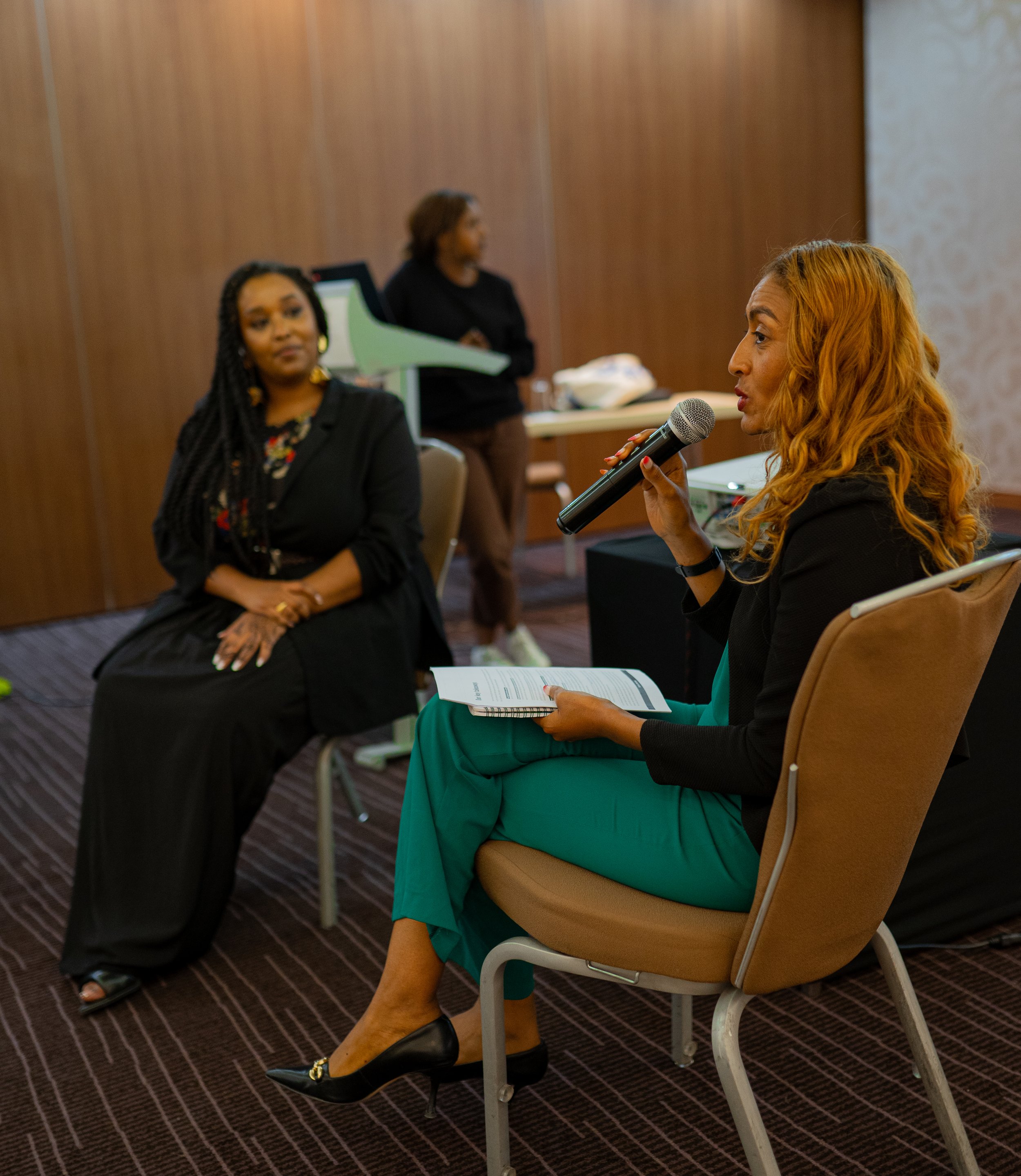Workshop: The state of Digital Financial Inclusion in Ethiopia
It is crucial to bridge the gender gap in Digital Financial Inclusion (DFI) in Ethiopia. To this end, the WDFI Advocacy Hub in Ethiopia organized a workshop that highlighted the latest findings in the field.
Digital financial inclusion (DFI) is the ability of individuals and businesses to access and use financial services through digital channels. DFI has the potential to revolutionize the way people manage their money and to create new economic opportunities.
Ethiopia has made significant progress in recent years in expanding access to DFI. The recent data shows that there have been improvement since 2017.
However, there is still a significant gender gap in digital financial inclusion in Ethiopia. Women are less likely than men to have access to a mobile money account or to use digital financial services.
Ethiopia’s gender gap in DFI is due to a number of factors, including:
Lower levels of financial literacy: Women are less likely than men to have the financial knowledge and skills they need to use digital financial services.
Limited access to smartphones and the internet: Women are less likely than men to own a smartphone or have access to the internet.
Cultural barriers: In some parts of Ethiopia, women are discouraged from owning and using money.
Discover more insights in the brief Assessing Progress and Priorities: Ethiopia's Financial Inclusion Journey, 2011-2022, which analyses the themes of access, usage and financial health using the latest edition of the World Bank Global Findex Database (2022) alongside other large datasets and resources such as those from the GSMA, the OECD, ILO, as well as the National Bank of Ethiopia, Ethiotelecom, and Safaricom
Bridging the gap
It is crucial to bridge the gender gap in Digital Financial Inclusion (DFI) in Ethiopia. To this end, the WDFI Advocacy Hub in Ethiopia organized a workshop that highlighted the latest findings in the field. The afternoon session of the workshop included an opening speech by UNCDF's Country Director, Ibrahim Mamma.
UNCDF’s Ahmed Dermish and Sewit Tadesse then presented the latest figures on DFI, with a particular focus on women's digital financial inclusion. The event also featured a presentation by Fanaye Gebremedhin, the Country Director of Girl Effect, who discussed their latest study, "Girls and Mobile."
The workshop also focused on highlighting,
The current state of DFI in Ethiopia
The gender gap in DFI
The impact of DFI on women's lives
Strategies for bridging the gender gap in DFI
Observations from WDFI member and local stakeholders
During the session, attendees evaluated the gaps and proposed solutions to improve access, usage, and financial health within the Ethiopian context. The goal is to create a more gender-intentional space for women in the digital financial sector and bridge the gender gap in digital financial inclusion. By working together, we can build a more equitable and prosperous future for all Ethiopians.
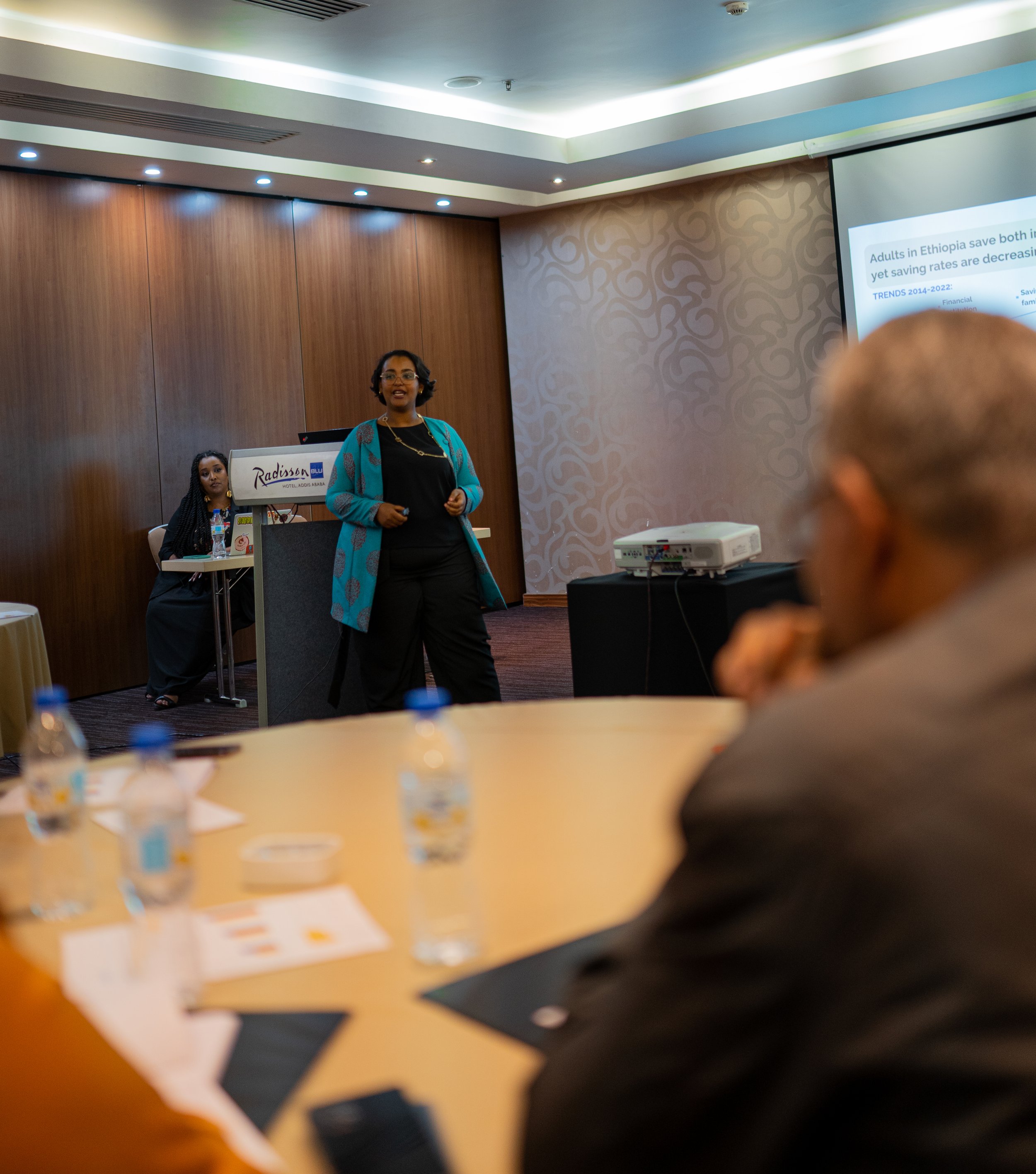
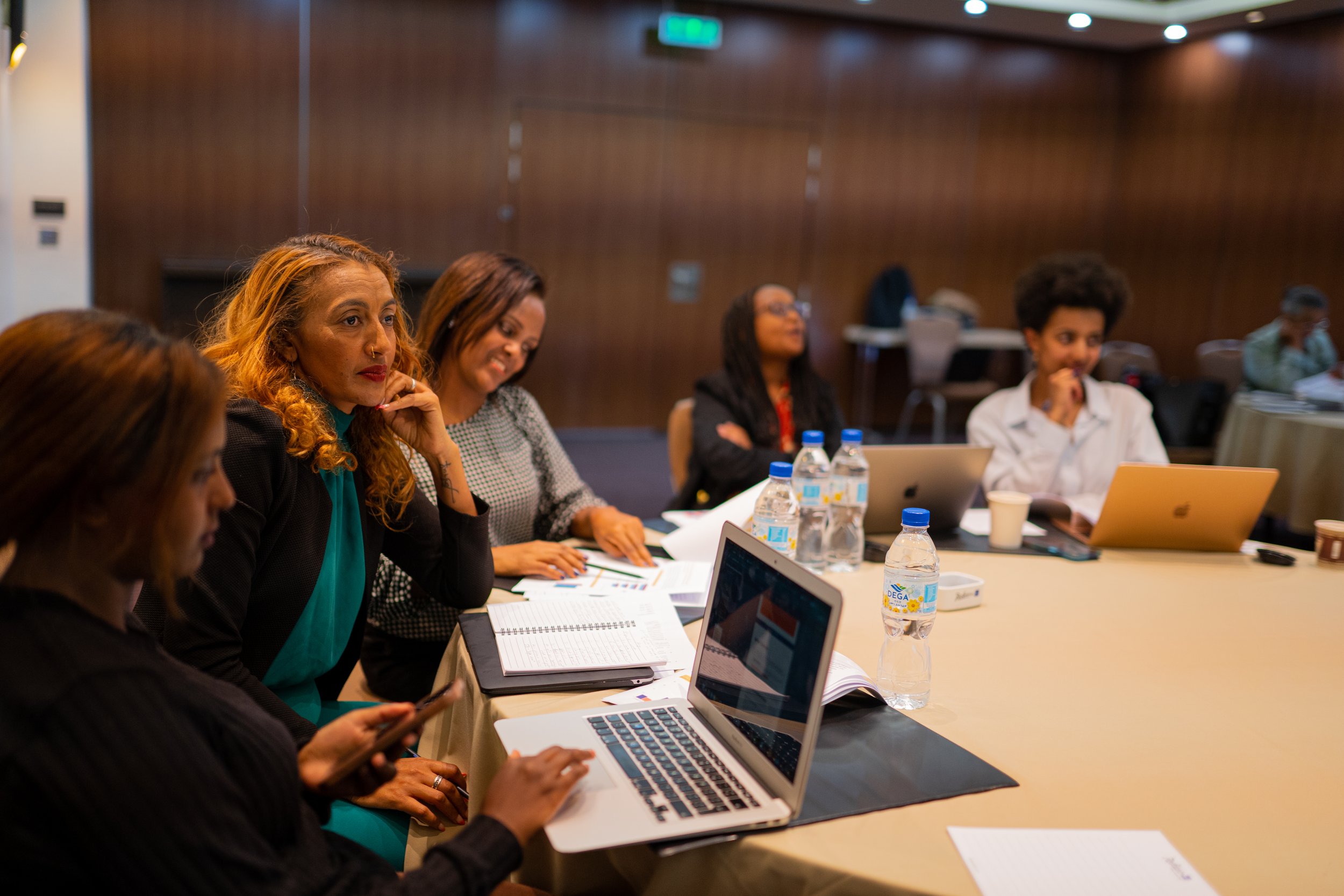
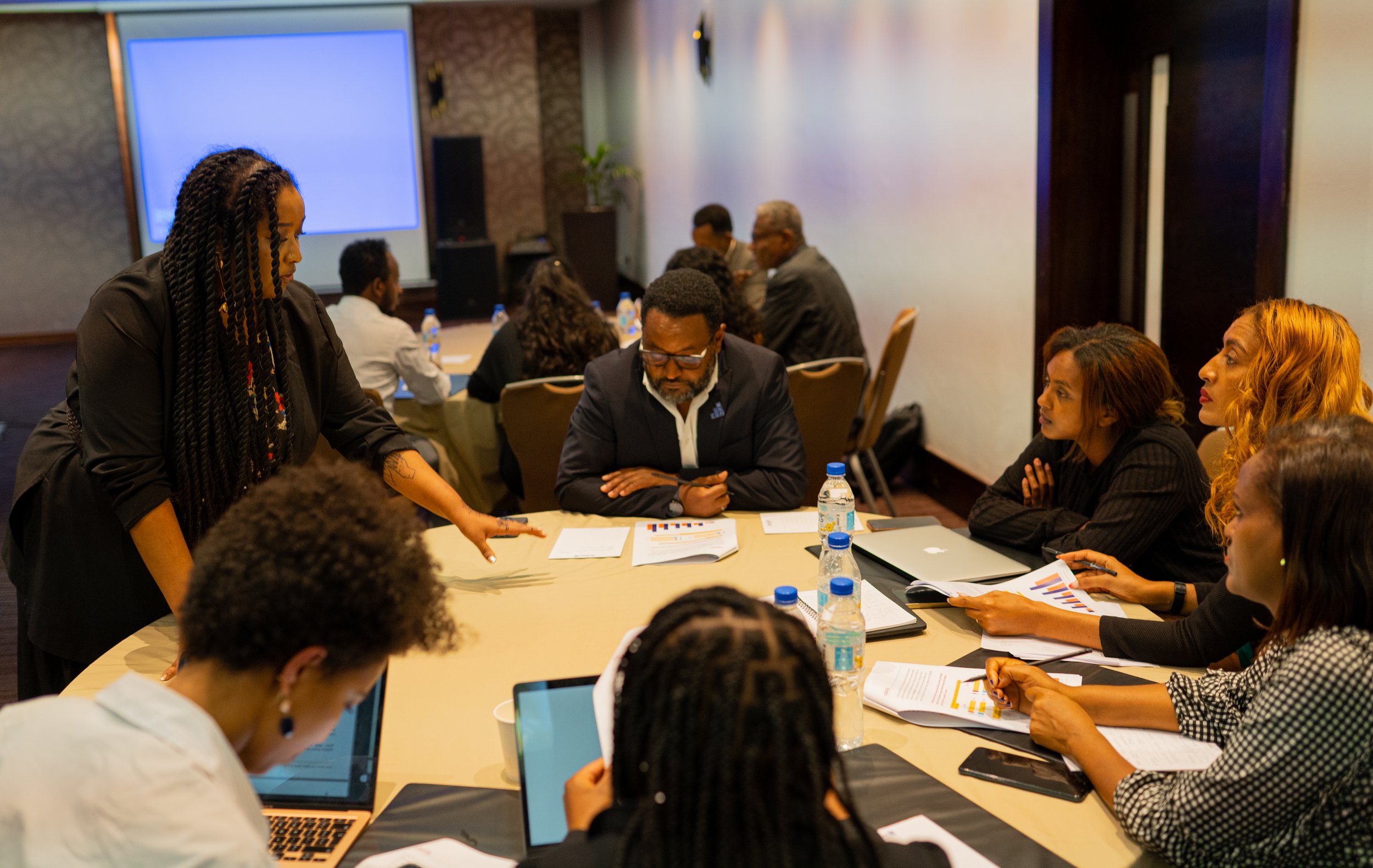
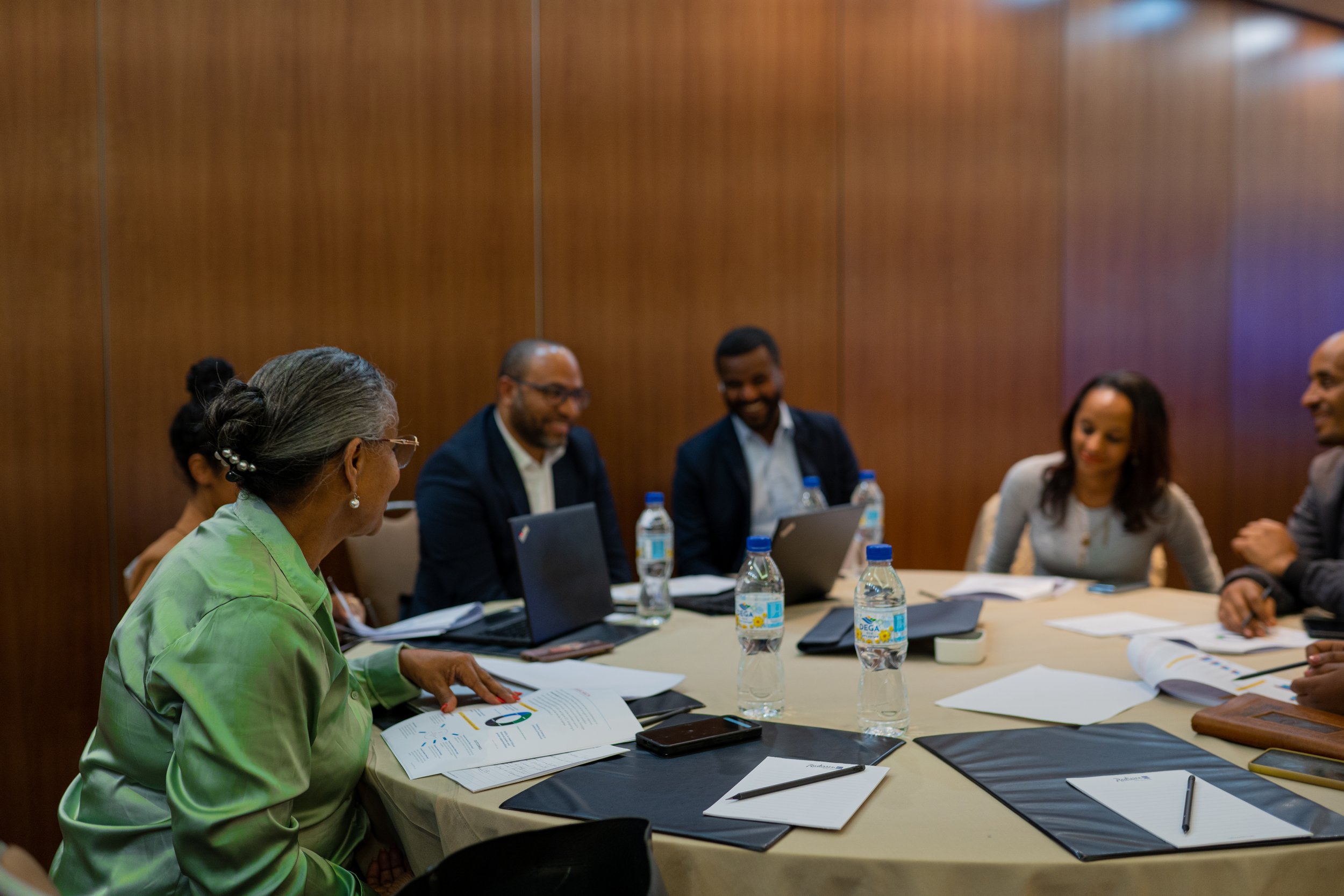
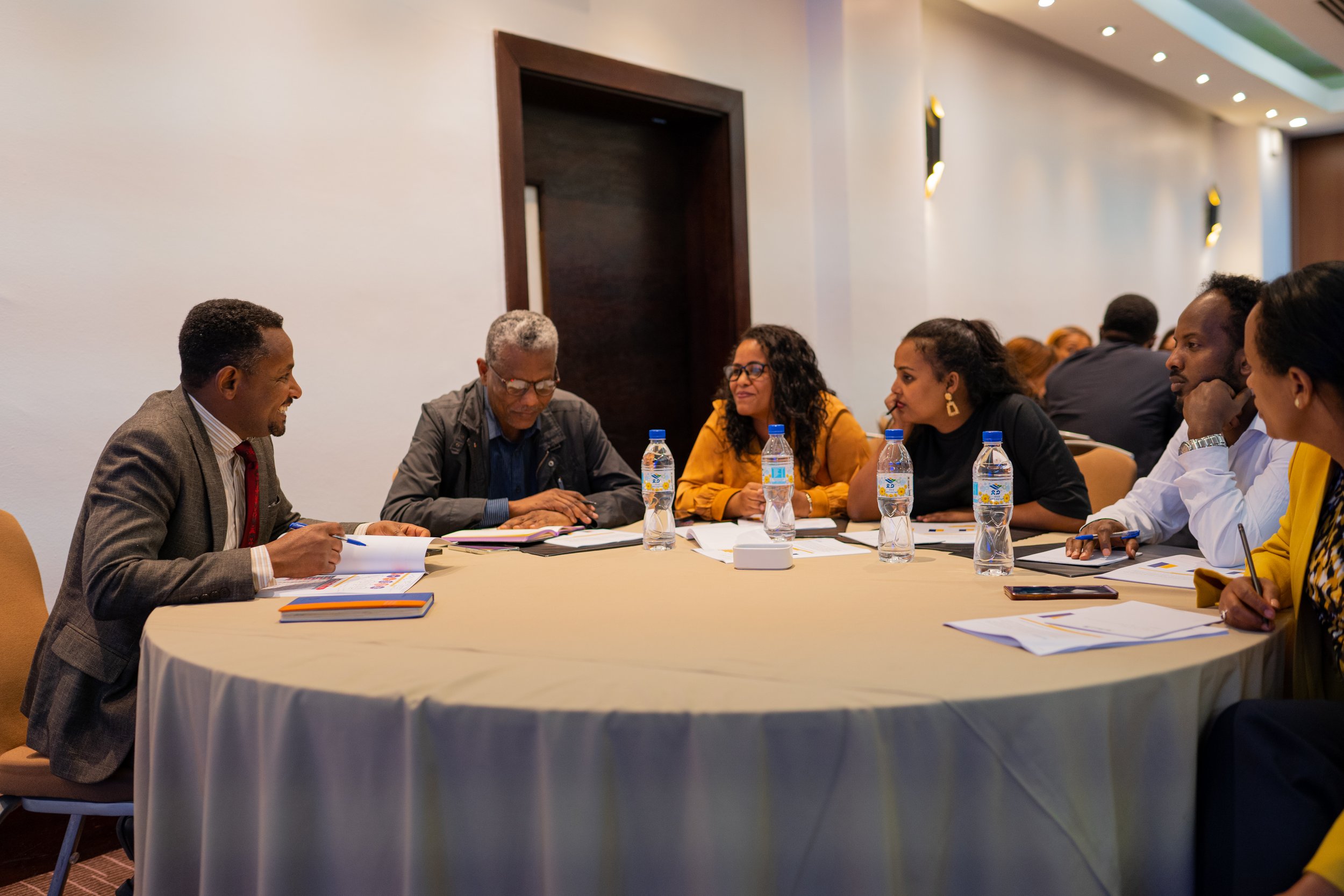
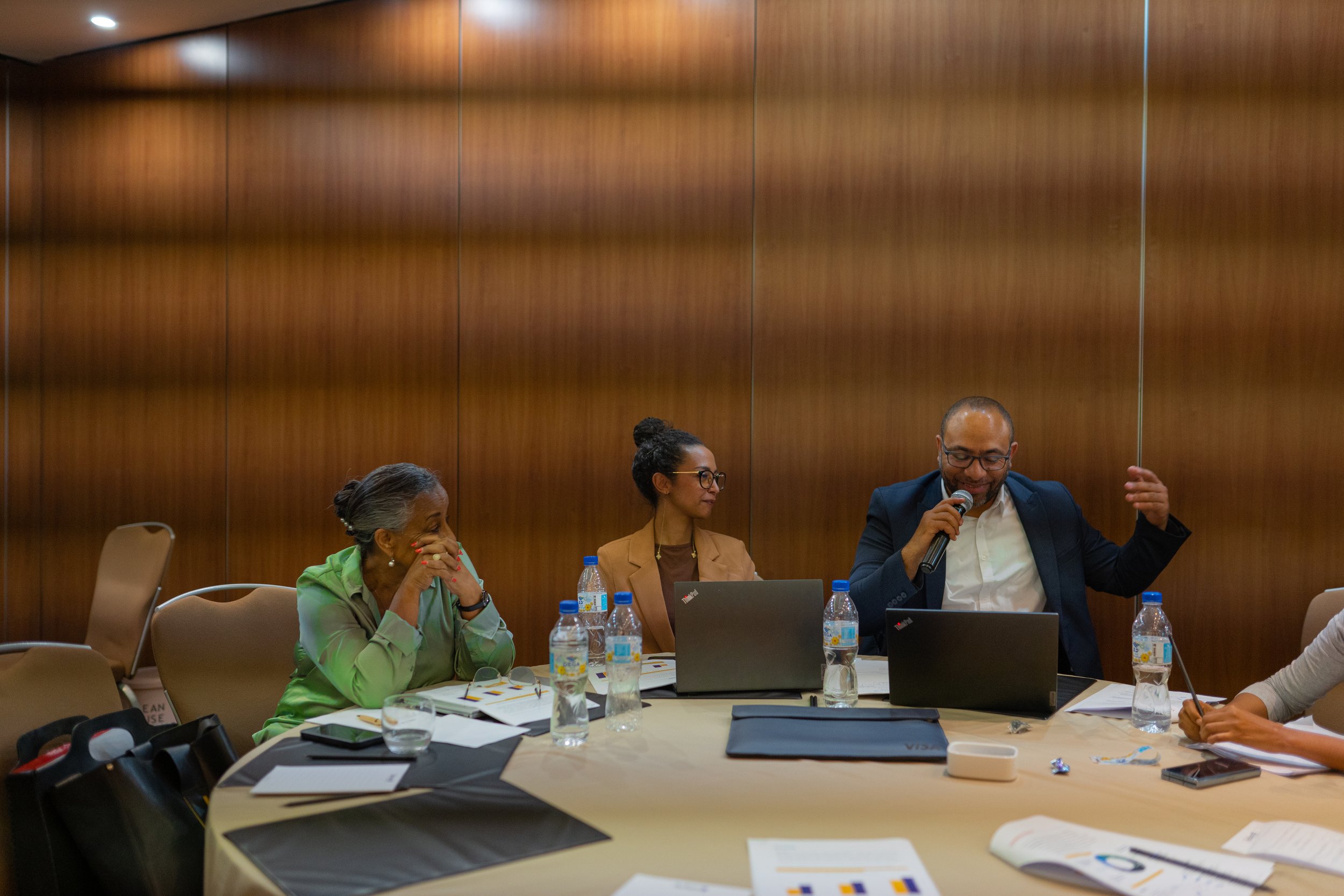
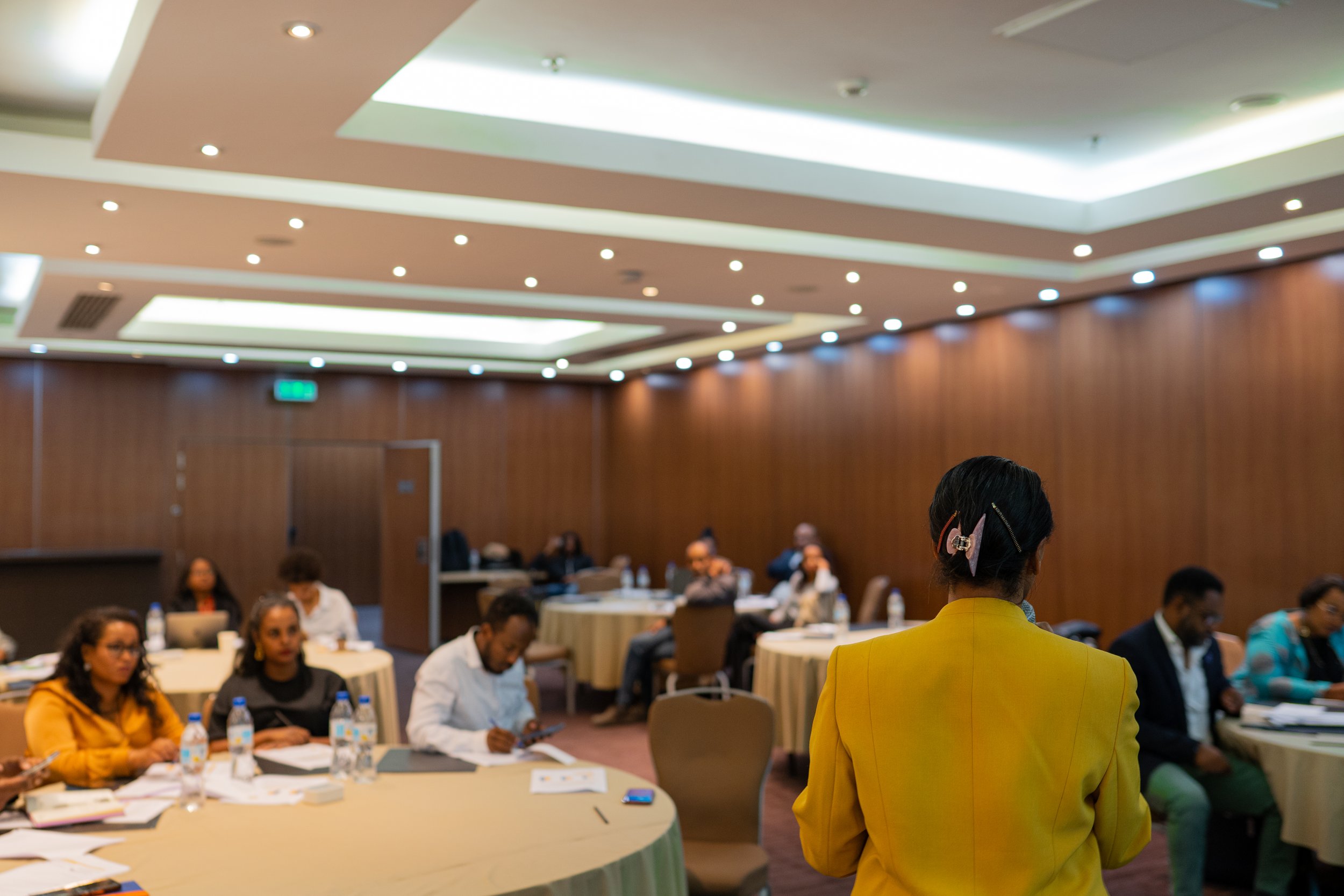
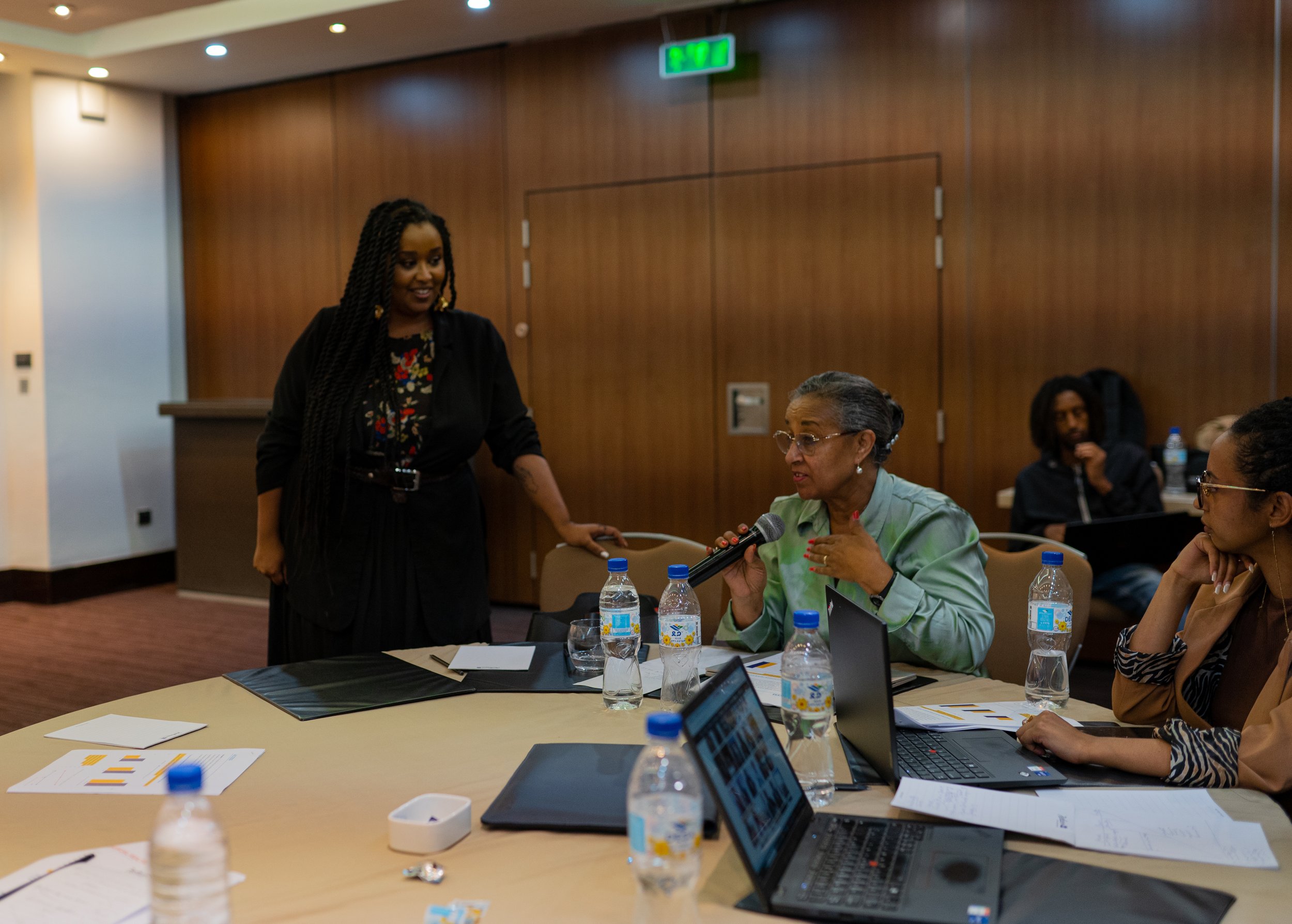
What’s next
In the coming months, the WDFI Advocacy Hub will focus on:
Funding projects through the grant facility.
Regular Coalition meetings and trainings, as well as more in-person networking events.
Collaborations with the media and youth advocates to increase the reach of the advocacy messages in this issue.
Join us
This is a call to action to those in Ethiopia and abroad who want to be agents of change in the digital journey of their own country. Join us, join the conversation, join the movement.
#ItsHerEconomyToo


